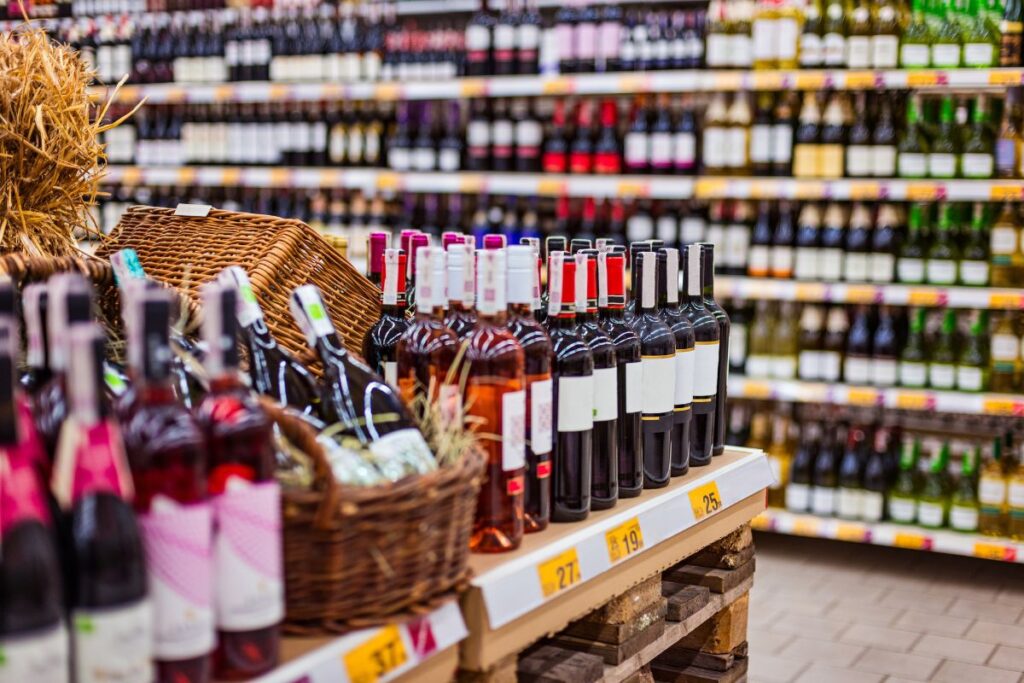A two-year freeze on new liquor stores opening in 24 areas across Auckland starts today.
From Monday, 16th of September, 24 areas, including Auckland’s city centre, will be subject to a freeze on the opening of new off-licences as Auckland’s local alcohol policy starts coming into effect. Pubs, bars and clubs must also implement new practices to help keep customers safer.
Councillors unanimously voted for the policy at a Governing Body meeting in August of this year. Councillor Josephine Bartley, chair of Auckland’s Regulatory and Safety Committee, said that limiting the number of liquor stores in the neighbourhoods was something communities had asked for.
“When I grew up, my cousins and I could walk up to our neighbourhood shops, which consisted of a bakery, lawnmower shop, dairy, and fish and chip shop. Today, the same neighbourhood shops consist of a takeaway, dairy and a heavily branded liquor store. Children today are faced with liquor stores in their neighbourhoods and town centres like it’s a normal thing,” said Bartley.
“These communities have been crying out for change – wanting to see better for their neighbourhoods by objecting to new liquor stores opening up. They have said enough is enough.
She added that the freeze aimed to prevent new liquor stores from opening in areas where alcohol harmed health or where there were already many liquor stores.
The District Licensing Committee (DLC) must consider the local alcohol policy when assessing applications to open new off-licence premises, such as liquor stores, bottle shops and supermarkets selling alcohol.
The policy recommended that applications to open off-licences in the city centre and 23 other suburbs across Auckland should be refused. These areas already have a high number of liquor stores and experience higher levels of alcohol-related harm.
Rob Abbott, Principal Specialist Alcohol Licensing at Auckland Council, said that new stores in the 24 areas subject to the freeze would need to meet a very high threshold for the DLC to consider granting a licence.
“The local alcohol policy says that applications to open new off-licence premises, like bottle shops, in one of the 24 ‘freeze’ areas should be refused due to the high number of existing bottle shops in the area, and as these areas see higher instances of alcohol impacting on people’s health and safety. The DLC has to consider this when it’s assessing applications. There would have to be a very, very good reason for a new licence to be granted,” said Abbott.
‘New’ off-licences are shops not licensed to sell alcohol within the past six months. Existing stores in the areas can keep trading. This includes when ownership of a store is being transferred to another person, or when the licence comes up for renewal – as long as it continues to meet the required conditions.”
Outside the 24 areas, applications for new off-licences in neighbourhood centres face a ‘rebuttable presumption’. This meant opening a new off-licence in other areas of Auckland would also be tougher.
The DLC will also assess applications for new alcohol licences and renewals of existing licences to decide if they should be subject to special conditions. This will apply to off-licence premises, pubs, bars, and clubs and includes requirements for them to keep an incident register, display information on transport, such as taxis, to help customers get home safely, have CCTV, and train staff to a certain standard.
More beverage here


